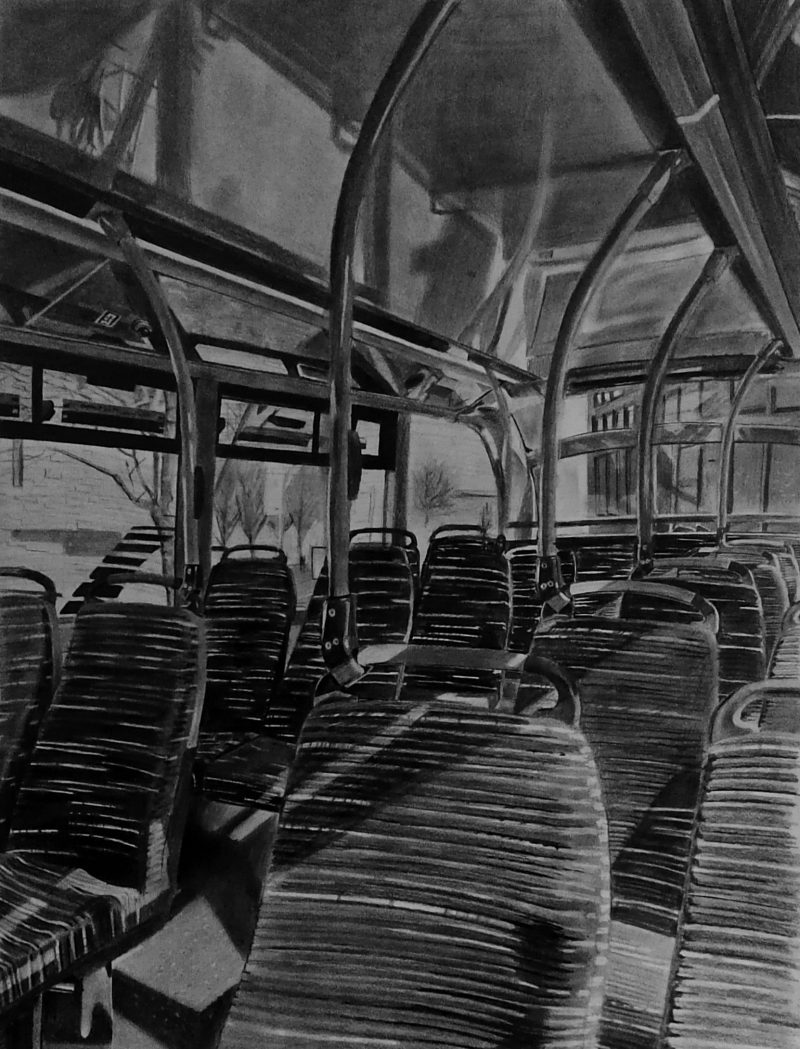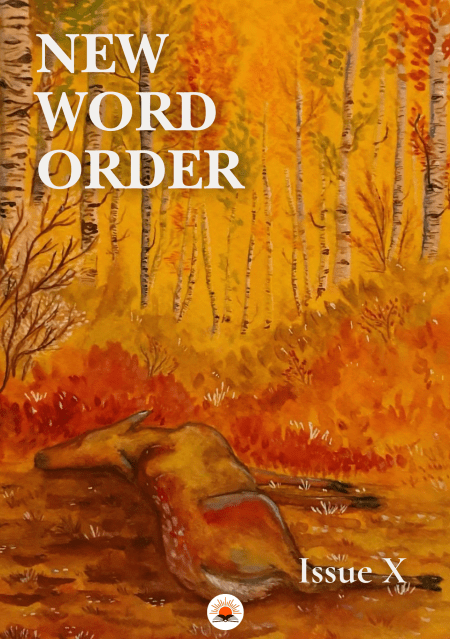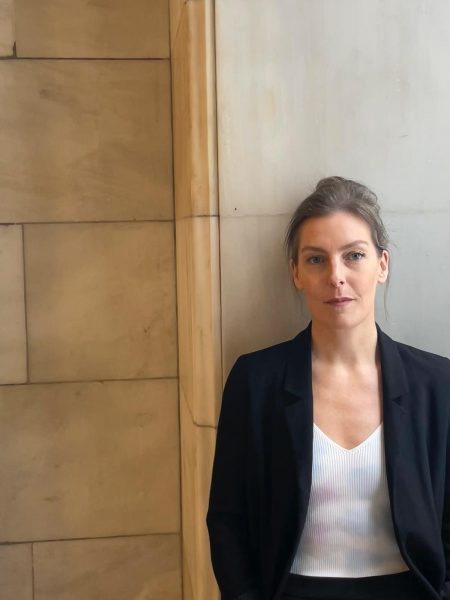written by Jom Thongprasong. Jom, short for Jomkhwun, originally from Thailand but now in her 13th year of living in the UK. She’s a second year student at Liverpool Hope University, studying Creative Writing and Psychology. As a writer she aims to connect her readers with her characters and the world that she creates along with them. She is still experimenting with different forms but tends to lean towards poetry when creating impromptu works. In the future, she hopes to be able to create work that has a worldwide reach but also inspires herself.
If you gave me a stage to speak regarding the issue of racial discrimination against Asians,
I’d be trembling as I speak. Too many memories gurgle in my blood, under my skin, in my
mind – waiting to be pulled out of my throat to be presented bare, then dissected in a
discussion like on a surgical table.
Memory one:
“Do you sell humans in here?”
No, but I wish humanity were sold the same way hate, ignorance, and fear are.
Even though the white man, shirtless, dishevelled, and lanky, asked this question years ago,
the memory is still raw in my mind.
The sun is stabbing through windowpanes, slow cooking my mother, younger sister, and me in
our Thai grocery shop in Hull. There is a Thai customer and her white husband. This
husband is much bigger than the racist stranger. But he stands by, and watches. He even tries
to say the man said something else.
He said nothing and watched on as the stranger spoke. But when the stranger left, he finally
expressed frustration and anger with us then tried to excuse him. I didn’t understand why.
If this man felt like the stranger had wronged us, why hadn’t he defended us?
Furthermore, I didn’t understand why my mother scolded me for trying to stand up to the
stranger.
I can’t remember what I said, but I remember my strong-willed mother, clearly scared for my
safety as she shouted at me in Thai. Her words, full of worry, translated roughly to: why did
you do that? You don’t know what he could have done to us. Don’t ever do that again. You
could have gotten hurt.
But I didn’t care if I got hurt.
Because why would I when I’m staring racism in its gaping maws? Why would I when I’m
being toyed with and intimidated like a little mouse caught between a cat’s jaw and claws?
Between the white noise in my mind and my trembling hands, I didn’t understand why she
wanted me to not express my indignation.
But now I’m older, and I understand.
Memory two:
“Confrontation is a privilege.”
A line my trans friend had said to another friend when asked why they didn’t want to
confront a group of people because of fear of being ostracised.
Regardless of the resentment running rampant through our veins, we must mind our actions.
Every word, every action, every twitch of a muscle – we need to watch them all. Because
they are trans, and I am a queer Asian person.
It’s easy to say, “don’t let them walk all over you” or “you give the perpetrator the power,”
when you aren’t in a place where your life doesn’t run on the line. It’s easy to say such things
when you don’t have to worry about hiding your identity or whether you’ll run into someone
who could harass you for simply existing the way you do.
Example:
COVID racism – the plight that still plagues many Asians – appeared in 2020. The outbreak
of COVID-19 caused 64% of Asian Americans to feel that because China reported the first
cases of COVID-19, it was a major reason for increased discrimination. Meanwhile, in the
first week of the UK facing COVID-19, there was a 300% rise in Asian hate crimes reported
to police in the first quarter of 2020. The discrimination became parasitic.
My mother would feel it as she managed our shop.
Memory three:
“Coronavirus shop!”
A few people would shout as they walked past, giving the shop a wide berth. Some
even spat or coughed at us when they walked past.
But that was tame compared to the targeted murders in America.
It does make you wonder where the line is – because between the white noise in my mind and
blaring headlines of Asian hate crimes, I feel like a sitting duck.
Between the white noise in my mind and the questioning screams locked away in my chest, I
wish the younger me had been allowed to keep in touch with my Thai roots. All of that so
that when I return to that street in Saimai District, Bangkok, the people who raised me don’t
see me as a Farang (ฝรั่ง, foreigner, specifically European foreigner).
I am proud to be Thai – to be Asian. No matter how much racism I face, I will refuse to
succumb. If you gave me a stage to speak regarding the issues of racial discrimination against
Asians, I’d be trembling, but I would speak.
Image: Untitled 5 by Ross Bradley
Born in Wexford town, Ross (he/him) has spent the recent years of his life, telling their story through the medium of graphite. They have chosen art as a way of life, mainly because it was a way to express themselves creatively, through secondary school, and college.



